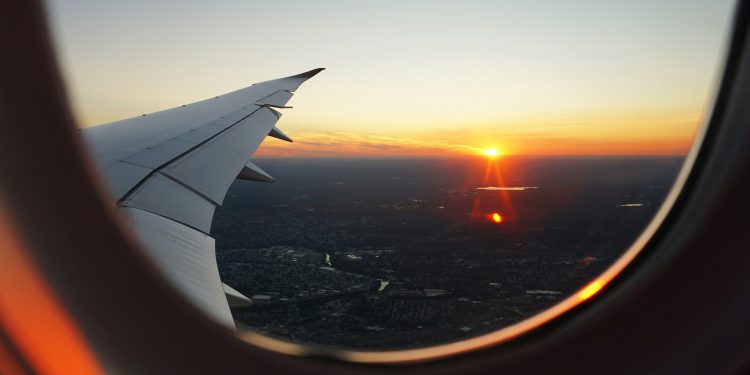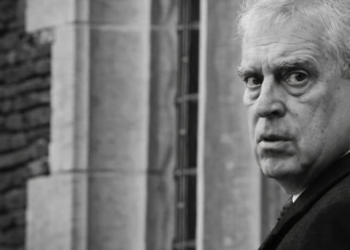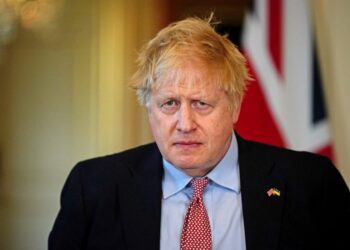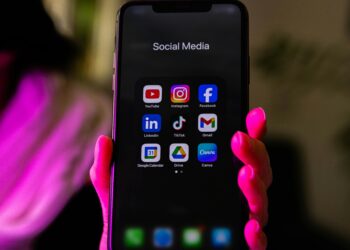Visiting the United States is about to become more expensive for Africans, especially Nigerians. A new $250 visa integrity fee has been approved by the US government for all nonimmigrant visa applicants. This means anyone planning to visit the US for school, work, or tourism from countries that require visas will now pay an additional $250 on top of existing charges.
This development raises an important question: how will this affect Africans who are already struggling with weak currencies, economic instability, and the high cost of international travel?
What the $250 Visa Fee Means
The new fee, introduced under the One Big Beautiful Bill Act signed on July 4, applies to anyone issued a nonimmigrant visa. According to US immigration experts, it covers student visas, work permits, and visitor visas. This fee is not replacing the current charges. Instead, it adds to existing visa application costs, making US travel even more expensive for Africans.

In short, a Nigerian planning to study in the US on an F-1 visa or a worker applying for an H-1B visa will pay the usual fees plus $250 more.
Why This Matters for Nigerians and Africans
For most Africans, traveling to the US is already a financial burden. The exchange rate crisis in Nigeria means that an extra $250 could translate to over ₦400,000, depending on the dollar rate. Add to this the cost of flight tickets, accommodation, and proof of funds, and the dream of studying or working in America becomes even harder.
This is not just about affordability; it is about opportunity. Many young Africans see the US as a place to achieve what their home countries deny them—quality education, stable jobs, and security. But with this policy, the US is closing its doors a little tighter for those who can’t afford the extra cost.
The Irony and the Blame
While Americans justify the fee as a way to maintain visa integrity, it’s ironic that the burden falls on people fleeing bad governance at home. If African governments had provided basic opportunities—good schools, jobs, and security—many citizens would not be desperate to pay thousands of dollars just to leave.
The real tragedy is that this new fee is not just about money. It is about what it represents: another obstacle for Africans seeking a better life. Yet, leaders in Nigeria and across Africa remain silent, while their citizens carry the weight of their failure.
What Happens Next?
The US government has not confirmed when the fee will take effect, but reports suggest it could start in October 2025. Immigration experts say the fee will not be waived, though there is a possibility of refunds for those who fully comply with visa terms.
Until then, one thing is clear: traveling to the US is no longer just about securing a visa; it is about paying a premium for the American dream. For many Africans, that dream may now be too expensive.
This is a wake-up call for African governments. If they created societies where citizens could thrive, nobody would be lining up to pay $250 to escape.

















